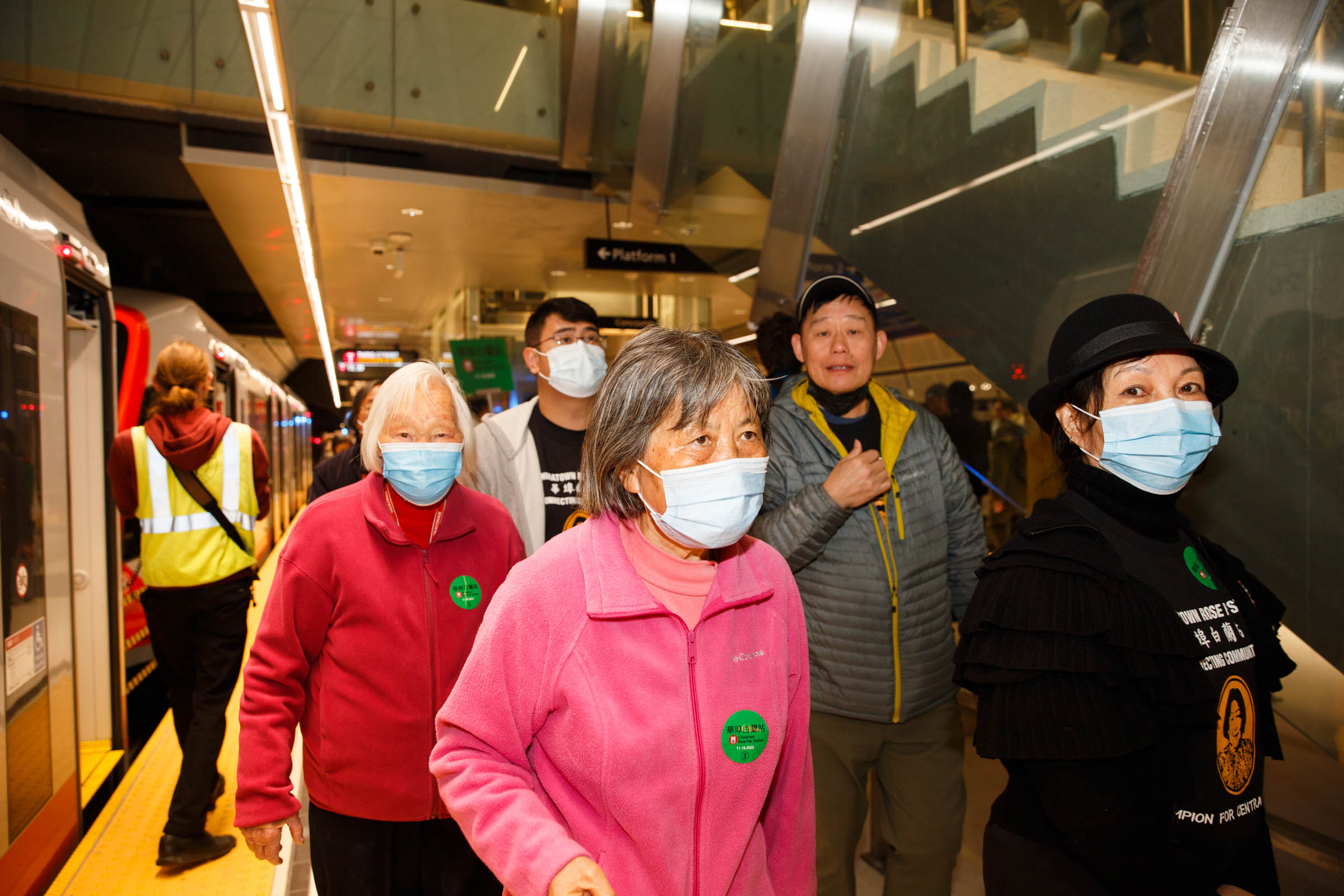Sharon Lai doesn’t consider herself a victim, but a survivor of multiple harassment incidents on San Francisco’s public transportation system—many of them targeting Asian Americans.
“A lot of people don’t feel safe,” said Lai, who’s also a former board member of the San Francisco Municipal Transportation Agency (SFMTA). “But we don’t have the data.”
In response to incidents targeting marginalized groups, one California lawmaker has introduced a bill to track them. “Public Transit for All: Improving Safety & Increasing Ridership” will require the state’s top transit agencies to conduct surveys about public safety concerns.
“As we rebuild and reimagine a post-pandemic world, improving public transit should top our list of priorities,” said state Sen. Dave Min, who introduced the bill in partnership with Stop AAPI Hate coalition, a nonprofit that collects self-reported anti-Asian incidents.
Based on the 2019 ridership numbers, four Bay Area transit systems—SFMTA, BART, AC Transit and the Santa Clara Valley Transportation Authority (VTA)—are all on the list. Caltrain, which connects San Francisco and the South Bay, is not among them.
Both Lai and Min said many women, elders, people with disabilities and LGBTQ+ Californians experience harassment or worse while riding buses and transit, and it’s time that public transit agencies understand the gravity of the situation.
Stop AAPI Hate told The Standard that it has also recorded many verbal assault incidents on San Francisco’s public transit. According to its two-year data report, 9% of all the anti-Asian incidents reported happened on public transit.
Lai was a strong advocate for transit safety while serving on the SFMTA board, but she said it was so hard to pull data that could be used to design policies for potential violence intervention.
The transit survey and the associated online tools will be developed by San Jose State University’s Mineta Transportation Institute, with community groups providing further input. The institute published a report last year showing the growing trend of attacks and fatalities on public transportation passengers and employees in the U.S.
The bill is part of a larger effort of the “No Place for Hate” campaign in the state Legislature, signed into law by Gov. Gavin Newsom in 2022.
“Hearing about this gives me hope,” Lai said. “The feeling of the community will finally be documented and validated.”
